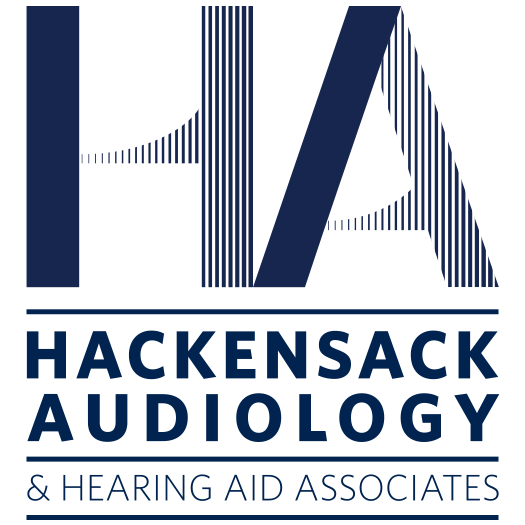“Why does everyone I know hate their hearing aids”?
“I see advertisements in the paper for the ‘best technology’ out there for 50% off. What’s that all about?”
“My brother has the same hearing loss as me and his hearing aids are sitting in his drawer.”
These are just a few of the common questions and statements I hear from patients on a daily basis. It becomes difficult to know what to expect when you do not know the necessities of amplification. As an audiologist, it’s my job to educate my patients on their hearing loss as well as the ways to help enhance their quality of life. When amplification is recommended, my goal is for the patient to leave this office well informed about their hearing loss, amplification options, and any misconceptions they may have about hearing aids. We are audiologists, not hearing aids dispensers nor salesmen. Our number one interest is in the well-being of the patient.
So, why do people often complain about their hearing aids? This is a very broad question. There are several factors that affect the success of amplification. One of the most significant is the physiological factor, which is the amount of damage to the hearing nerve. When a patient comes in for a comprehensive hearing test, we administer speech testing at an audible level based on the patient’s hearing loss to determine the integrity of the hearing nerve. This allows us to determine the nerve’s ability to discriminate speech sounds (i.e. the word “cat” versus “bat”) in a quiet and ideal listening environment. If a patient struggles in differentiating these speech sounds, then they may still struggle even with amplification.
Additionally, there is a common misconception that if your family member or friend has a similar hearing loss, then the benefit should be the same. The type of hearing loss as well as a patient’s perception and tolerance of sounds are each unique to a specific listener. This means that two people with the exact same hearing loss and the exact same amplification will each perceive sounds differently. Each hearing aid manufacturer has different strategies of amplification; therefore, it is a matter of determining which manufacturer has the right sound and strategy for each individual patient.
The professional as well as the hearing aid manufacturer can influence the benefit received from your hearing devices. As I previously noted, many patients come in asking about differences between what they see in advertisements and what the most advanced technological manufacturers have to offer. Each manufacturer of hearing aids has a unique sound quality to their amplification. There are also different features and levels of technology among each manufacturer. Those who create the most advanced technology conduct years of research and test studies. These companies are able to continually provide the most advanced technology features on the market.
Then there are other manufacturers that “advertise” in the papers and claim to have the “highest technology for half the price.” When purchasing a hearing aid through one of these companies, you run the risk of sacrificing patient education, additional hearing aid services, and true benefits of high-end technology for this “reduced price.” There is a definitive difference between working with an audiologist versus a hearing aid dispenser. Audiologists carry the knowledge base of the anatomy and physiology of the auditory system as well as the skills and training to test and verify hearing aid benefit.
Lastly, patient motivation is key. Hearing aids are not a quick fix. People tend to expect fast results when they have the expense that comes with purchasing amplification. When you are fit with amplification, you are actually teaching your brain how to hear again. It is a process and can take longer for some than others. It takes time for the brain to readjust to listening through amplification. This is because with most hearing loss, you don’t have access to certain sounds such as water running from a faucet. Hearing aids reintroduce these sounds and the listeners will adapt to these “new” sounds.
Once the brain has adjusted to listening to the world through amplification, the audiologist can make further adjustments within the software to help tackle the concerns or difficulties expressed by the patient. We have an extensive trial period in order to fine-tune and verify the hearing aid settings to meet the patient’s needs.
To learn more about the differences in technology, concerns, and questions regarding hearing aids, please call 201.820.4110 to schedule a hearing aid evaluation.


